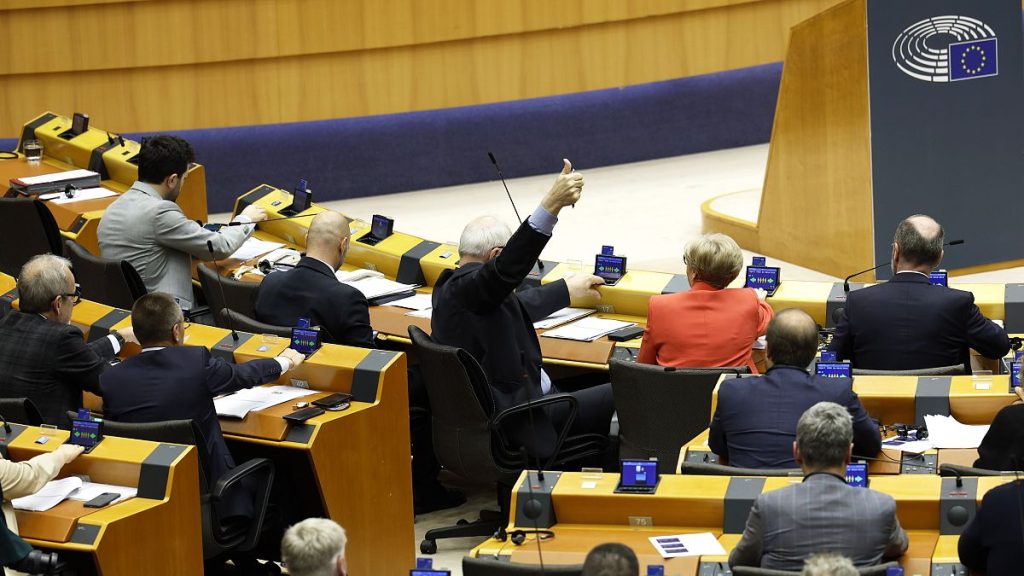Switzerland, a country known for its stable governance and high ethical standards, faced a blow to its reputation this week when the European Court of Human Rights ruled that the Swiss government had failed to implement effective climate policies, thus violating the right to life of its citizens. While the ruling does not include any sanctions, it sets an important precedent for future cases. The Swiss government responded by emphasizing the importance of sustainability and biodiversity, stating that they are committed to working towards achieving net zero emissions. The binding nature of the Court’s ruling means that Switzerland must take action, which would significantly enhance the country’s democratic credibility.
In an effort to ensure transparency and fairness in the upcoming European elections, almost all political groups in the European Parliament signed a code of conduct pledging not to produce, use, or disseminate misleading content, particularly generated by artificial intelligence. This move was seen as a way to combat the high level of public distrust in European institutions. Vice President of the EU Commission, Věra Jourová, highlighted the importance of addressing the perception of a corrupt system to encourage voter turnout and engagement. The adoption of the code of conduct demonstrated the EU’s commitment to upholding democratic principles and restoring public confidence.
After years of negotiations, the European Parliament approved the new EU Migration and Asylum Pact, a series of laws aimed at streamlining migration policy and addressing the current challenges facing the EU. However, the compromise did not receive universal praise, with some advocating for stricter rules while others expressed concerns about the protection of human rights for migrants and their families. Eve Geddie, from Amnesty International, criticized the Pact for downgrading asylum law, increasing detention, and failing to provide adequate protection and rights for migrants.
Geddie raised concerns that the Pact would put people at a heightened risk of human rights violations, as it includes provisions for accelerated procedures and denies certain protections to individuals on European territory. Despite some viewing the Pact as a fair compromise between far-right obstructionism and far-left solutions, Geddie emphasized the need for a more comprehensive approach that prioritizes human rights and long-term solutions over short-term political interests. With over 110 million people forcibly displaced worldwide, the implementation of the Pact in 2026 raises questions about the protection of migrants and refugees and the enforcement of international standards.
Amnesty International has been critical of the reform package since its proposal four years ago, citing concerns about the lack of legal support for migrants, the normalization of detention, and the erosion of human rights protections. Geddie emphasized the necessity of holding member states and EU institutions accountable for upholding international standards and ensuring the rights of all individuals at European borders. Despite criticisms from various perspectives, it is clear that the EU Migration and Asylum Pact represents a significant step in addressing migration challenges in Europe, though there remain concerns about the potential impact on human rights and the protection of vulnerable populations.


